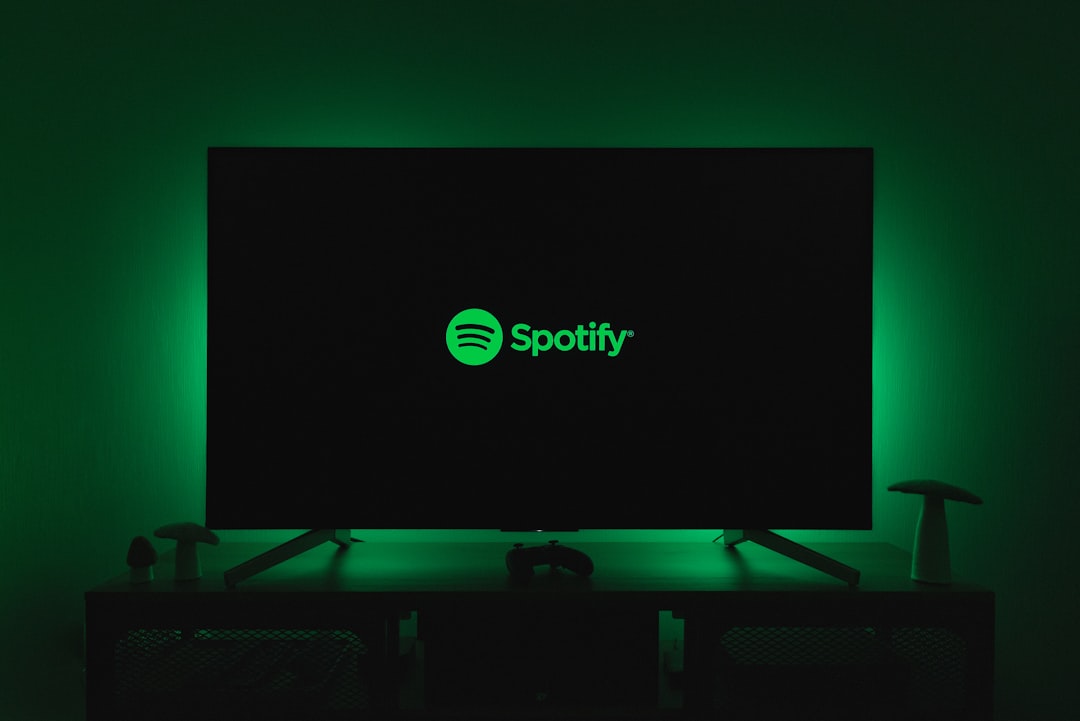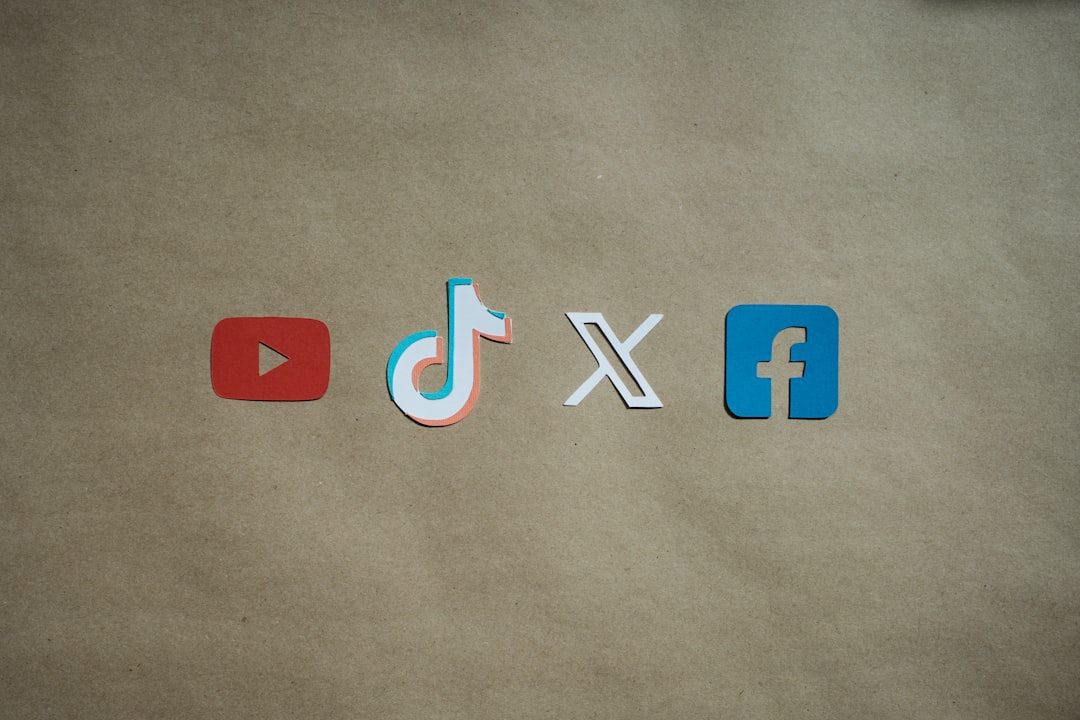Spotify has revolutionized the way people listen to music, offering both premium and ad-supported versions of its service to hundreds of millions of users globally. While Spotify Premium provides an uninterrupted experience, the free tier features audio and visual ads — a necessary model to support artists and the platform itself. However, many users have turned to ad blockers to circumvent these advertisements. This raises a critical question: Is using a Spotify ad blocker legal?
Understanding Spotify’s Monetization Model
Before diving into the legality, it’s important to understand why ads exist on Spotify. The company uses a freemium business model. While paying subscribers fund the majority of revenue, ads in the free version help cover the platform’s operational costs and provide royalties to music creators.
Blocking these ads fundamentally alters Spotify’s intended revenue streams. Users who opt not to pay for Premium are expected to accept ads as part of that trade-off. When ad blockers are introduced, it disrupts this balance.
Spotify’s Terms of Service
Spotify explicitly prohibits the use of tools or software that block advertisements. According to their Terms of Service:
“You agree not to circumvent or disable any content protection or access control mechanism, including without limitation, any territorial or download restrictions. This includes unauthorized blocking or filtering of ads.”
Violating these terms can lead to consequences such as:
- Temporary or permanent suspension of the account
- Loss of saved playlists and listening history
- Potential legal action in severe cases
In March 2019, Spotify reported that over 2 million users were using modified apps or ad blockers, and the company responded by disabling those accounts or sending them warning emails.
Is It Actually Illegal?
While violating Spotify’s terms of service is a breach of contract, the question of legality depends on the jurisdiction. In many countries, including the United States and those within the European Union, using ad-blocking software itself is not considered illegal when used in general web browsing.
However, modifying APIs or tampering with licensed software could potentially fall under the territory of copyright infringement or unauthorized access. For example:
- Using third-party modified Spotify apps that remove ads may involve the use of reverse-engineered code, which can be a direct violation of copyright laws.
- In extreme cases, distributing such software for monetary gain may be seen as a form of piracy.
Although legal consequences against individual users are rare, Spotify reserves the right to take enforcement action against those who breach their platform’s integrity.

Comparison to Other Services
The issue of ad-blockers is not unique to Spotify. Other streaming platforms like YouTube or Hulu also struggle with ad-blocker usage. Some, like YouTube, actively restrict access when ad-blockers are detected. Others rely on frequent changes to ad delivery methods to bypass these tools.
The prevailing industry stance is as follows:
- Ad revenue plays a vital role in funding commission-free or free-to-use services.
- By bypassing ads, users indirectly contribute to reduced revenue for artists and creators.
- Most services consider ad-blocking a form of unauthorized access or a breach of service agreements.
Therefore, using an ad blocker may not result in criminal charges, but it certainly breaches the platform’s trust and violates its service agreement.
Ethical Considerations
Even if one argues that ad blockers are technically legal, the ethical implications remain. By blocking ads on Spotify, users are:
- Depriving artists, especially lesser-known musicians, of fair compensation.
- Undermining the sustainability of the free service tier.
- Creating potential instability for the broader music ecosystem.

Spotify offers users the choice: accept ads or pay for premium services. Circumventing this system affects not only the corporation but also the thousands of independent artists who rely on fair play and compensation.
Conclusion
While the use of ad blockers on general websites may be permissible in certain regions, their use on Spotify falls into a legal grey area and is explicitly banned under Spotify’s terms of service. The company actively detects and penalizes such activity, which can result in account suspension or more serious actions depending on the extent of the violation.
In summary:
- Spotify ad blockers are not legal under Spotify’s terms and may violate local copyright laws under certain conditions.
- Using them undermines the fairness of the music streaming model and harms artists financially.
- The most straightforward and ethical solution is to respect Spotify’s model — either accept ads or subscribe to Premium.
Given the risks and ethical concerns involved, it’s clear that using an ad blocker on Spotify is not a responsible or lawful choice.


